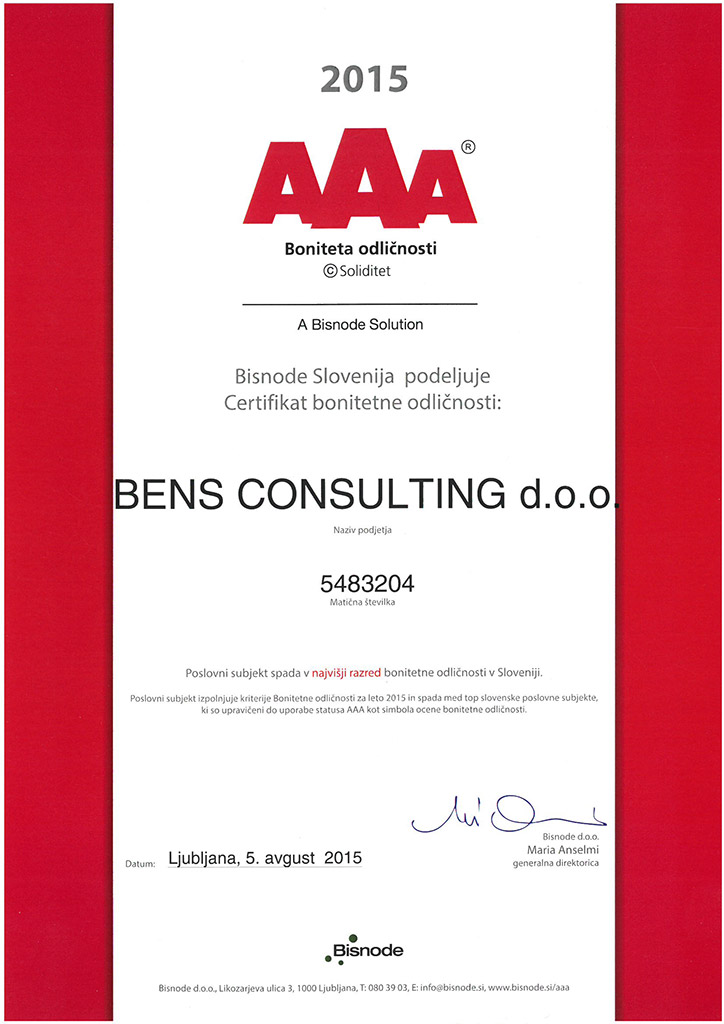We are often asked by our clients how long they need to keep information on chemicals in Slovenia. A commonly heard answer is 10 years. Today we’ll look at this claim and see if this is simply a myth or is this information actually true?
To find the right answer (applies to Slovenia), let's look at Regulation (EC) no. 1907/2006 (“REACH Regulation”), Article 36, which states:
“Obligation to keep information
- Each manufacturer, importer, downstream user and distributor shall assemble and keep available all the information he requires to carry out his duties under this Regulation for a period of at least 10 years after he last manufactured, imported, supplied or used the substance or mixture. That manufacturer, importer, downstream user or distributor shall submit this information or make it available without delay upon request to any competent authority of the Member State in which he is established or to the Agency, without prejudice to Titles II and VI.”
So the detail we need to pay attention to — the documentation must therefore be kept for at least 10 years AFTER the last supply or use of chemicals.
At its request, such information must be provided immediately to the Authority of the Member State (in Slovenia, inspections of the implementation of Regulation 1907/2006/EC are carried out by inspectors responsible for chemicals) or to the European Chemicals Agency (ECHA).
What happens if we don’t keep the documentation?
The Decree on implementation of EU Regulation on registration, evaluation and authorization and limiting of chemicals (REACH) is quite clear in this regard. Article 8 reads:
(1) A fine of 1,000 to 20,000 euros shall be imposed on a legal person who:
- is a manufacturer, importer, downstream user or distributor and fails to submit or make available to the Office or Agency, at their request, the information to be assembled and kept available for a period of at least 10 years after he last manufactured, imported, supplied or used the substance or mixture (Article 36 (1) of Regulation 1907/2006/EC);
(2) A fine of 500 to 10,000 euros shall be imposed on a sole trader who commits an offence referred to in the preceding paragraph.
(3) A fine of 200 to 1,000 euros shall also be imposed on the responsible person of a legal person and the responsible person of a sole trader who commits an offence referred to in paragraph one of this Article.
Chemical legislation is constantly changing and upgrading.
Nevertheless, we must not forget the existing fundamental conditions, which are quite clear. If you need help with your chemical legislation challenges, we can be of assistance. Contact us at info@bens-consulting.eu.






 Back to posts
Back to posts

